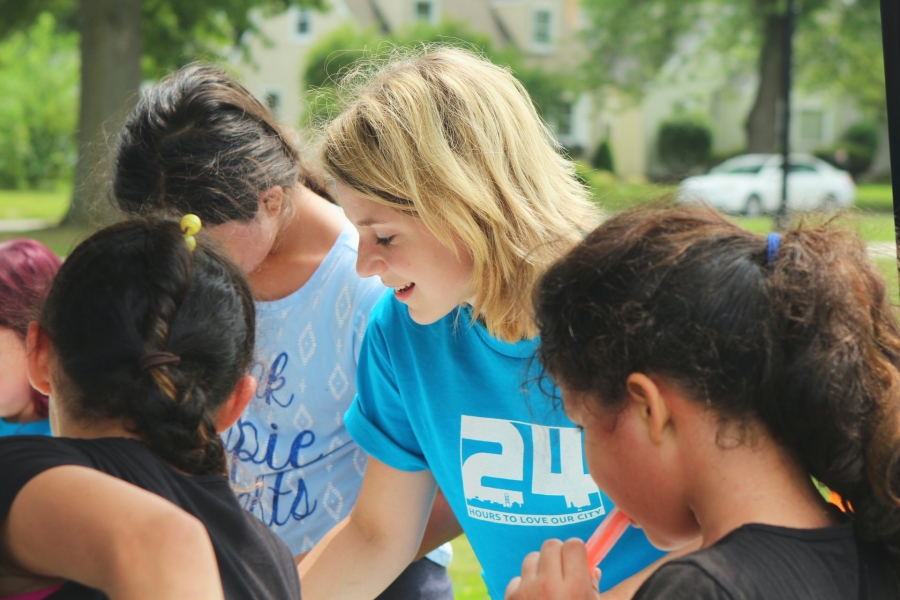At the core of every homeowner association is the principle of "volunteerism." It is a noble calling which calls for personal sacrifice -- giving up self interest for the greater good. Americans, arguably the most self-indulgent citizens of the world, have a curious ability to rise to the occasion and give of themselves. Americans donate considerable time, talent and treasure to the downtrodden of the world.
There never seems to be a shortage of opportunities.
The notion of volunteering in an HOA is usually cast as serving on the Board, but volunteerism actually takes on a variety of forms:
Lifestyle.
HOA Members agree when they buy in to voluntarily comply with rules, regulations and restrictions that non-HOA property owners are not required to do. These include architecture design, parking, pet and other significant lifestyle restrictions. This is no small thing considering Americans view property rights as holy. Presumably, they do so because they agree with the restrictions.
Financial.
HOAs always involve payment of money, sometimes a lot of money, to keep the HOA operation perking along. With HOAs, reserve planning calls for setting aside money for future renovation that may not happen for up to 30 years. This kind of advance planning is necessary because HOA ownership interests are collective. Sharing assets like roofs and siding means that individuals no longer have maintenance responsibility, the HOA does. To fund these collective costs requires each owner to contribute the portion of the future costs proportional to the time in ownership.
Service.
Volunteer service is where "the rubber meets the road." Directors of the Board are called on to make executive decisions. If the HOA is professionally managed, the Board's primary function is to oversee the manager who oversees the operation. An organized board using professional management can accomplish its calling with a only few meetings a year of a couple hours each. The obligation is light and volunteer directors have insider control over outcomes.
Non-elected volunteer service.
Committees can be either "standing" or "ad hoc." Standing committees have ongoing functions. Examples include Architectural Review, Landscaping and Pool. Ad hoc committees are formed for a single purpose that, once accomplished, ends the further need of the committee. Examples include Budget and Winter Social. Committees allow members with time and talent to focus on an area of interest without being on the front line. While some committees can have a demanding load (Architectural Review), others can be low activity level.
Neighbor.
This is probably the most innate form of volunteerism. Each of us is called to care for our neighbor in tangible ways. The first step is to get acquainted. The next step is to find common ground or interests upon which to interact in an ongoing basis. The greatest step is to develop an actual interest in your neighbor as a person so that watching out for his concerns becomes a matter of habit.
In the final analysis, all HOA members are volunteers in one capacity or another and to one degree or another. We can't avoid it. By presence or presents (physically or financially) HOA members join in and sacrifice personal interest for the greater good. And there are millions of such volunteers actively engaged in HOAs everywhere. You can't run. You can't hide. Enjoy the volunteer ride.





